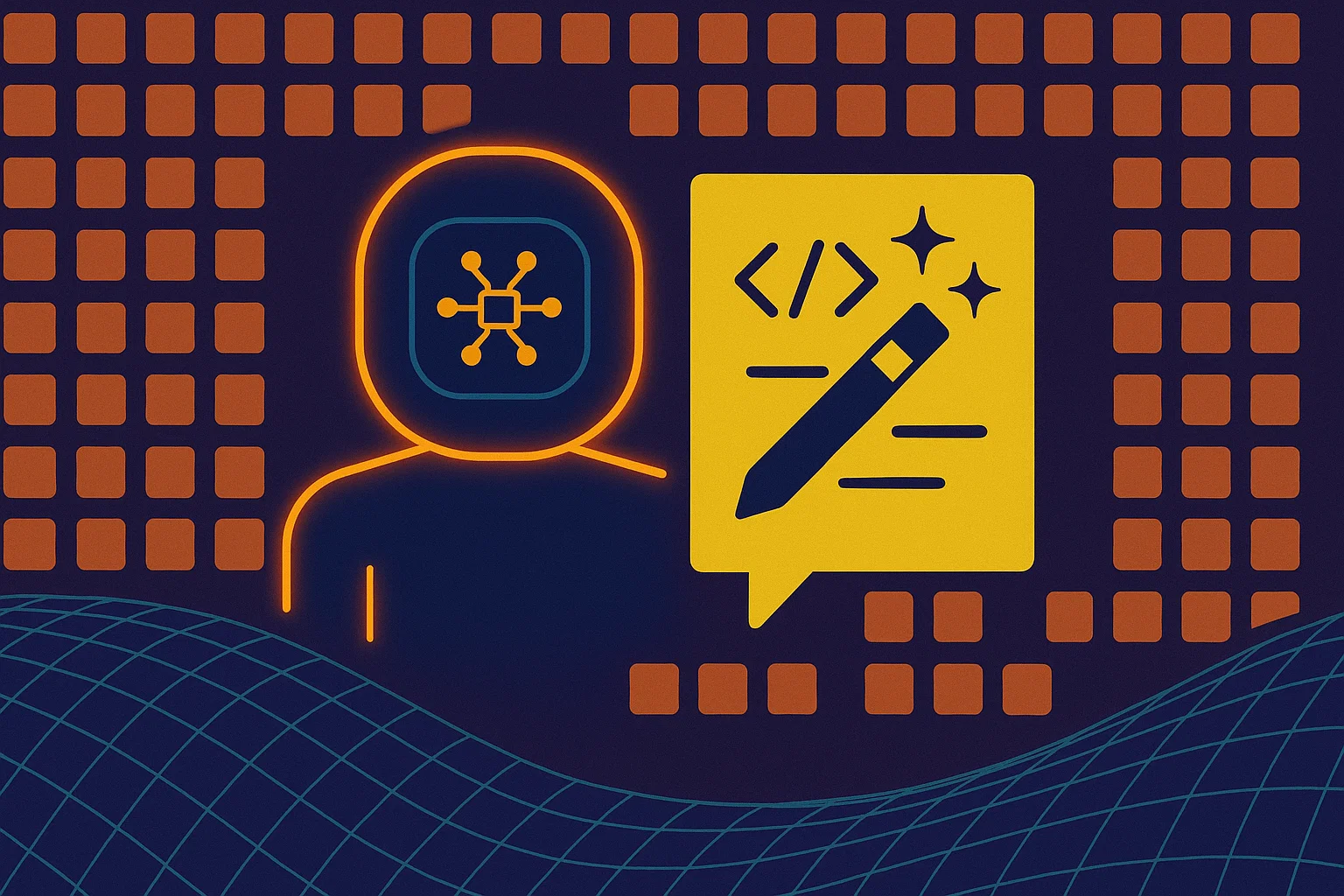Asynchronous Risk-Aware Multi-Agent Packet Routing for Ultra-Dense LEO Satellite Networks
PositiveArtificial Intelligence
The development of an asynchronous, risk-aware packet routing algorithm for ultra-dense LEO satellite networks is a significant advancement in addressing the complexities of modern satellite communication. As these networks grow in scale and dynamic nature, traditional routing methods fall short. This new approach not only enhances the efficiency of data transmission but also ensures that quality of service (QoS) objectives are met, making it crucial for the future of satellite technology and global connectivity.
— Curated by the World Pulse Now AI Editorial System





